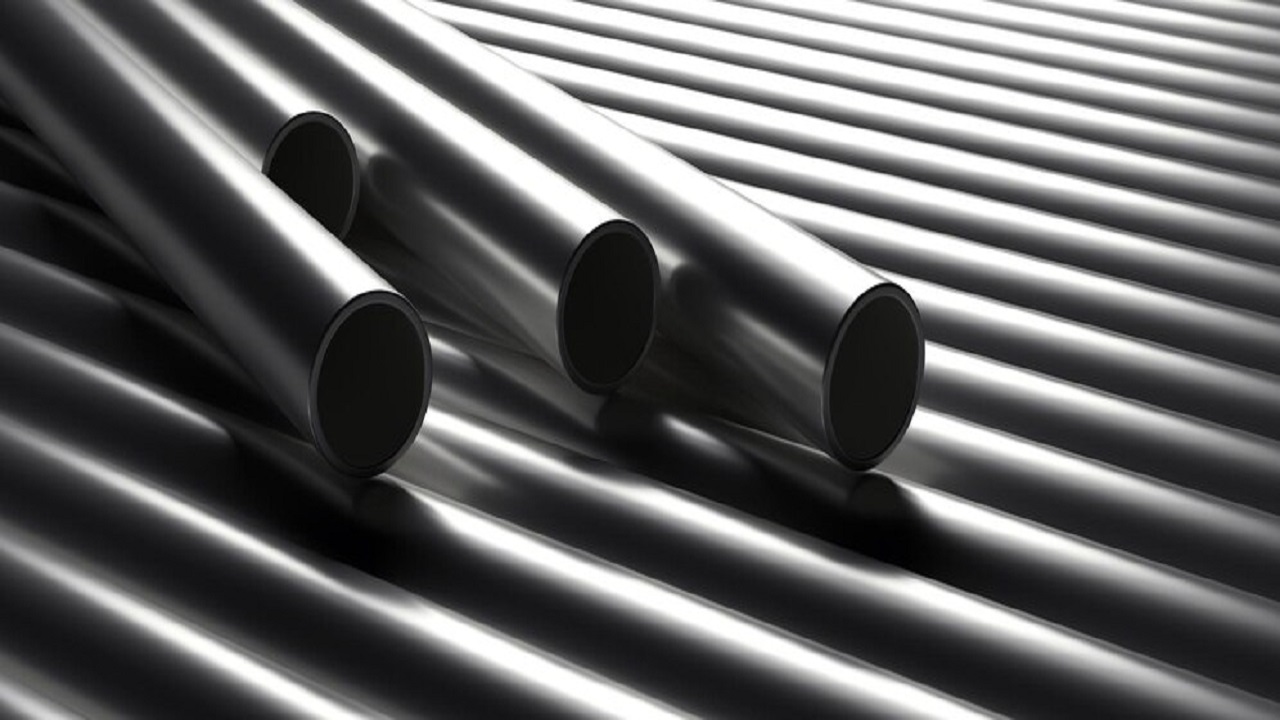Oil and gas refineries play a crucial role in meeting the world's energy demands by processing raw crude oil into valuable products. Within these complex facilities, the transportation of fluids under high pressure is a critical aspect of the refining process. Seamless pressure pipes emerge as indispensable components, offering enhanced performance, durability, and safety in the intricate network of pipelines within these refineries. Visit https://uniacero.com/astm-a106/ to learn more about seamless pipes.
What are Seamless Pressure Pipes?
Seamless pressure pipes are manufactured without welding seams, providing a continuous, uniform structure. These pipes are typically made from high-quality materials such as carbon, alloy, or stainless steel. In the context of oil and gas refineries, seamless pressure pipes find widespread use due to their ability to withstand extreme conditions and high-pressure environments.
Advantages of Seamless Pressure Pipes
Reliability and Durability:
Seamless pressure pipes are renowned for their exceptional strength and durability. The absence of welding seams eliminates weak points, reducing the likelihood of pipe failure and leaks. This characteristic is particularly crucial in oil and gas refineries, where a single leak can result in environmental hazards, operational downtime, and economic losses.
High Pressure and Temperature Resistance
The refining process involves handling fluids under high pressure and temperature. Seamless pressure pipes exhibit superior resistance to these challenging conditions, ensuring the safe and efficient transport of liquids and gases throughout the refinery infrastructure. This resistance contributes to the overall integrity of the system.
Corrosion Resistance
Oil and gas refineries often deal with corrosive substances that can compromise the structural integrity of pipelines over time. Seamless pressure pipes, especially those made from corrosion-resistant materials like stainless steel, offer a robust solution by minimizing the risk of corrosion. This longevity translates into reduced maintenance requirements and increases operational efficiency.
Smooth Internal Surface
The absence of welding seams in seamless pipes results in a smooth internal surface. This characteristic is advantageous for fluid transportation as it minimizes frictional resistance and allows for a more efficient flow. Improved fluid dynamics contribute to enhanced overall system performance.
Applications in Oil and Gas Refineries
Transportation of Crude Oil and Refined Products
Seamless pressure pipes are extensively used to transport crude oil and various refined products within the refinery complex. These pipelines ensure a reliable and continuous flow of fluids, facilitating the different stages of the refining process.
Steam Pipelines
Refineries often utilize steam for various processes such as heating, distillation, and power generation. Seamless pressure pipes are well-suited for steam transportation due to their ability to withstand high temperatures, ensuring the efficient operation of these critical systems.
Conclusion
Seamless pressure pipes play a pivotal role in the success and efficiency of oil and gas refineries. Their reliability, durability, and resistance to extreme conditions make them indispensable components in the intricate network of pipelines that crisscross these facilities. As the global energy demand continues to rise, the importance of seamless pressure pipes in sustaining the integrity and functionality of oil and gas refineries cannot be overstated. As technology advances, these pipes will likely continue to evolve, further enhancing their performance and contributing to the overall efficiency of the refining industry.


